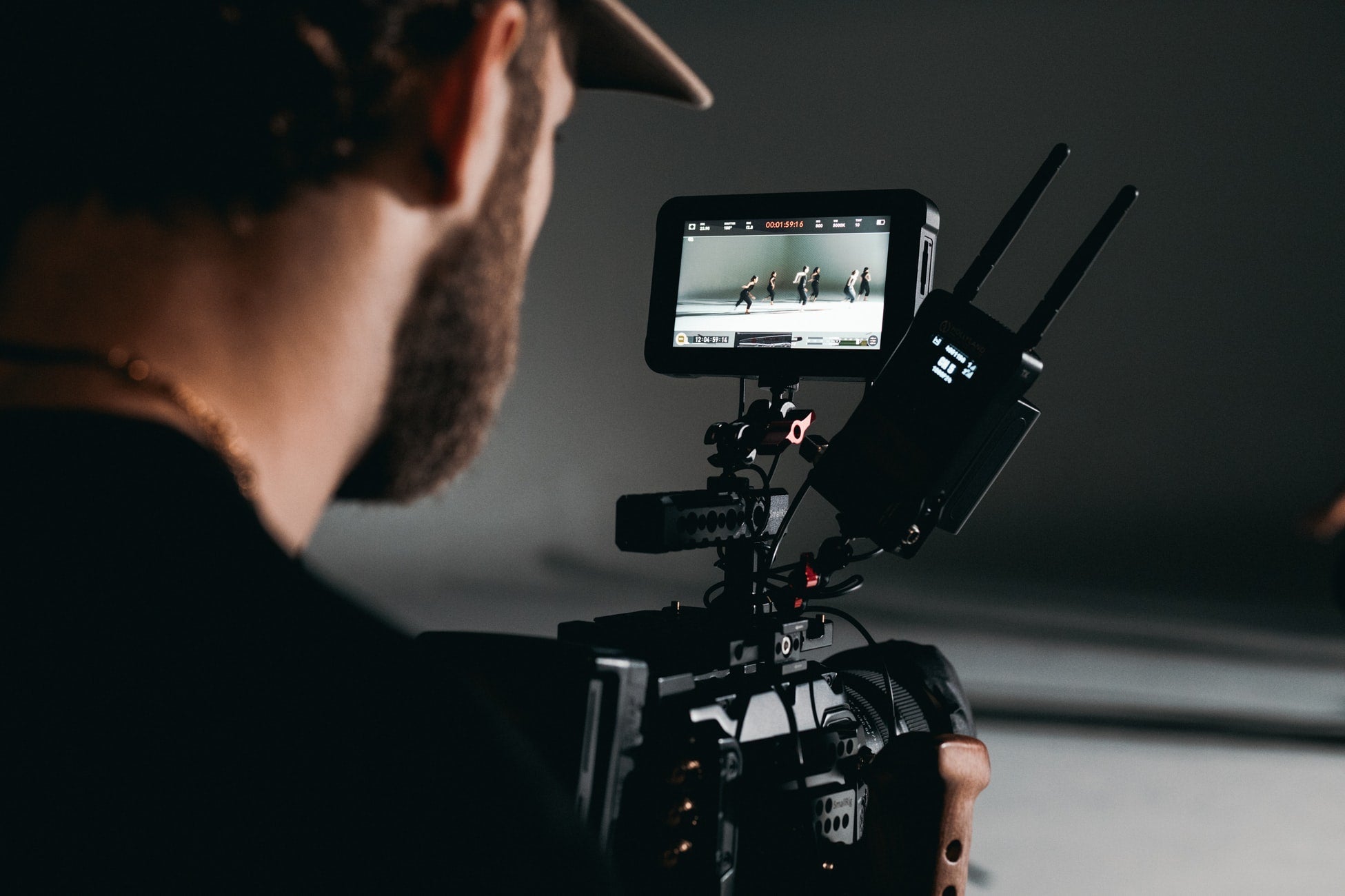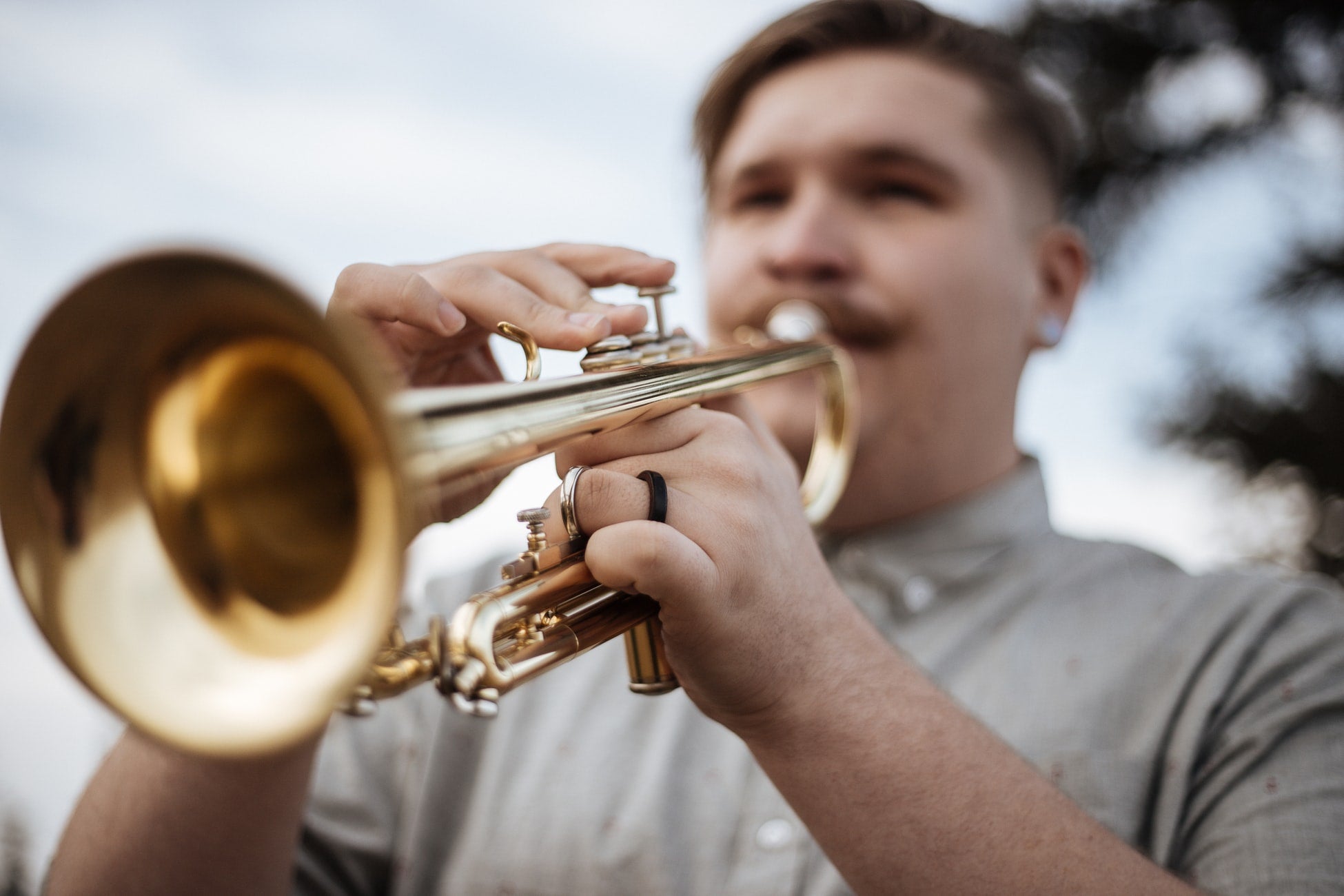A while back, I blogged about the plans that professional sports leagues developed to resume (or begin) their seasons during the pandemic. Generally, I think their efforts have been successful. Not perfect. But it’s been a lot of fun to have sports back.
I’m going to review how each league managed its return and how well they fared.
Major League Soccer:
Major League Soccer, our league for the sport the rest of the world calls “football” or footie, kicked off (no pun intended) their “MLS Is Back” tournament in early July. It was the first sport to return and one of three where all the teams were frequently testing.
The NHL bubble was set up in Walt Disney World near Orlando. The tourney got off a bit of a slow start as two teams (The Orlando Pride and Nashville Soccer Club) dropped out due to several team members testing positive for Covid. The remaining teams played on, without further incident, in an exciting tournament. The league adopted the format used in the World Cup: teams divided into six groups for group play, with the top two teams in each group advancing to a single elimination playoff. I watched a lot of matches, they were exciting and welcome. The best part was that my hometown team, the Portland Timbers, won the tournament. Shortly after completing the tournament, the league began its 2020-2021 season. Things seem to be safe, and the quality of play is what it is: better than five years ago but not near the level of the top Euro leagues.
National Basketball Association
The NBA resumed their season in a Walt Disney World bubble in late July. I am totally impressed with how they did their business and the quality of play. As I write this, the Los Angeles Lakers and the Miami Heat are playing in the finals. The league was very careful. Whenever any player or team employee left the bubble (for personal reasons, family issues primarily), they were tested and quarantined for four days before they could practice or play or resume their job responsibilities. The format was well thought out.
The 22 teams who were positioned to make the playoffs were included—the team of my youth, the pathetic New York Knickerbockers, were, mercifully, among the 8 that were not included. Each team played 8 games, which, along with their pre-Covid record, determined playoff seeding. Since each conference (Eastern and Western) each has an 8 team playoff, for the bubble season, if the 9th place team finished within 4 games of the 8th seeded team, there was a play-in to decide who got into the tourney proper. My Portland Trailblazers made it in as the 8th seed and eliminated the Memphis Grizzlies in the play-in.
Anyway, my opinion is that the NBA did an exceptional job of balancing competition with safety. The players themselves sacrificed to make this work. They didn’t get to be with their families until their team was eliminated and went home. I’ve been a big basketball fan for decades, despite the NBA (I hate the loud music during timeouts, the dancers, and the general hype). But I loved this bubble—and I loved it because of the NBA. A great show: planning and execution. The players union and the league worked together to agree on how this thing would play out, and kudos to them, it’s been a big success.
Major league baseball
Major league baseball didn’t go into a bubble, but they tested frequently and had an abbreviated schedule that minimized travel. They did pretty well. Several games were postponed due to positive Covid tests, and therefore a lot of games made up as doubleheaders. As the 60 game season progressed, I think we fans got used to some of the changes necessitated to promote safety and efficiency: the designated hitter being used in both leagues; seven-inning games for doubleheaders (reworking the schedule due to Covid postponements and rainouts); and the bizarre rule that extra innings begin with a runner on second (which has not been extended to the playoffs).
It was really strange to watch games played in cavernous empty stadiums, but the piped-in crowd noise (which has been employed in all the sports that have resumed) adds a bit to the experience. The playoffs were expanded to 8 teams in each league, with the first-round best two-of-three games held at the higher seeded team’s home field. Round two and Division Series, best of 5 will be held in neutral stadiums, as will the league championship series and the World Series. Having gotten by the Cleveland Indians in Cleveland, my Yankees take on the top-seeded Tampa Bay Rays at Petco Park in San Diego. If things break right, the World Series, “The October Classic” as it’s called, may actually be played in October this year.
National Football League
Finally, football: As I write this, I’m watching a game on Monday night that was supposed to be played yesterday. New England’s quarterback tested positive mid-week. Since no one else on the team tested positive, they decided to play today. The game between the Pittsburg Steelers and the Tennessee Titans was postponed because a slew of Titans tested positive. A shortened period for training, no preseason games, and then the season starting at about the time the season normally starts didn’t sound encouraging. However, the games have generally been entertaining. One really bad development is the number of serious injuries so far. It may be attributable to the short preseason, or just simply that football is dangerous, but it’s cast a pall over the season so far.
I’ve watched a lot because I have my student discounted NFL Sunday ticket—an app that allows me to watch every out-of-market game that isn’t televised locally. Pre-pandemic, I met two of my close friends (who are also Giant fans) to watch at a sports bar: misery being a Giant fan loves company. Now, we all have these student discount tickets; one friend is back in school looking for an encore career, and the other’s grandson is a student and took care of his Grandpa.
College football is also underway. The Big 10 initially canceled their season. Now they’ll start on October 24. And the Pac 12, which originally moved their season to the spring, will begin a 7 game season on November 7. Both conferences have rethought based on the availability of a rapid results Covid test. Other conferences have already begun, with reduced schedules. Although most games have taken place, several have been canceled due to positive tests. So, it’s a mixed bag, to say the least. But at least it’s happening, and as long as player health and safety is the priority, the games will be played. Just a note: the conferences composed of smaller schools have punted (sorry) their seasons to the spring, as they don’t have the resources to test extensively the way the larger schools do.
So, that’s it. With an election looming, wildfires tanking our air quality on the west coast, and the virus still having its way with us, it’s nice to have a diversion besides Netflix, Hulu, Disney+ et. al. Thanks, sports.
– Edward from McMinnville, Oregon, a FAR customer who is finding purpose in this new stage of his life.

Edward
Edward writes for FAR and is also a customer. He is 73-year-old, born and raised in and around New York City. After college and a little graduate school, he took Horace Greeley’s advice and went west. Edward lived in several cities throughout California and currently resides in Oregon. He practiced law for a few years as part of a law collective doing what they called “people’s law,” but spent most of his career working as an internal organizer for the unions.
When Edward’s career ended with the unions, he was determined to become an advocate for older adults. He enrolled at Portland Community College studying Gerontology. He learned a lot about aging and how it applied to his own life experiences and my own aging process. Much of Edward’s writing is related to what he learned in his Gerontology studies.
* The opinions expressed in this article are those of the authors. They do not necessarily reflect the opinions or views of the Finance of America Reverse (LLC).
This article is intended for general informational and educational purposes only, and should not be construed as financial or tax advice. For more information about whether a reverse mortgage may be right for you, you should consult an independent financial advisor. For tax advice, please consult a tax professional.















I WANT TO KEEP UP TO DATE ON RETIREMENT TRENDS
Follow Us.